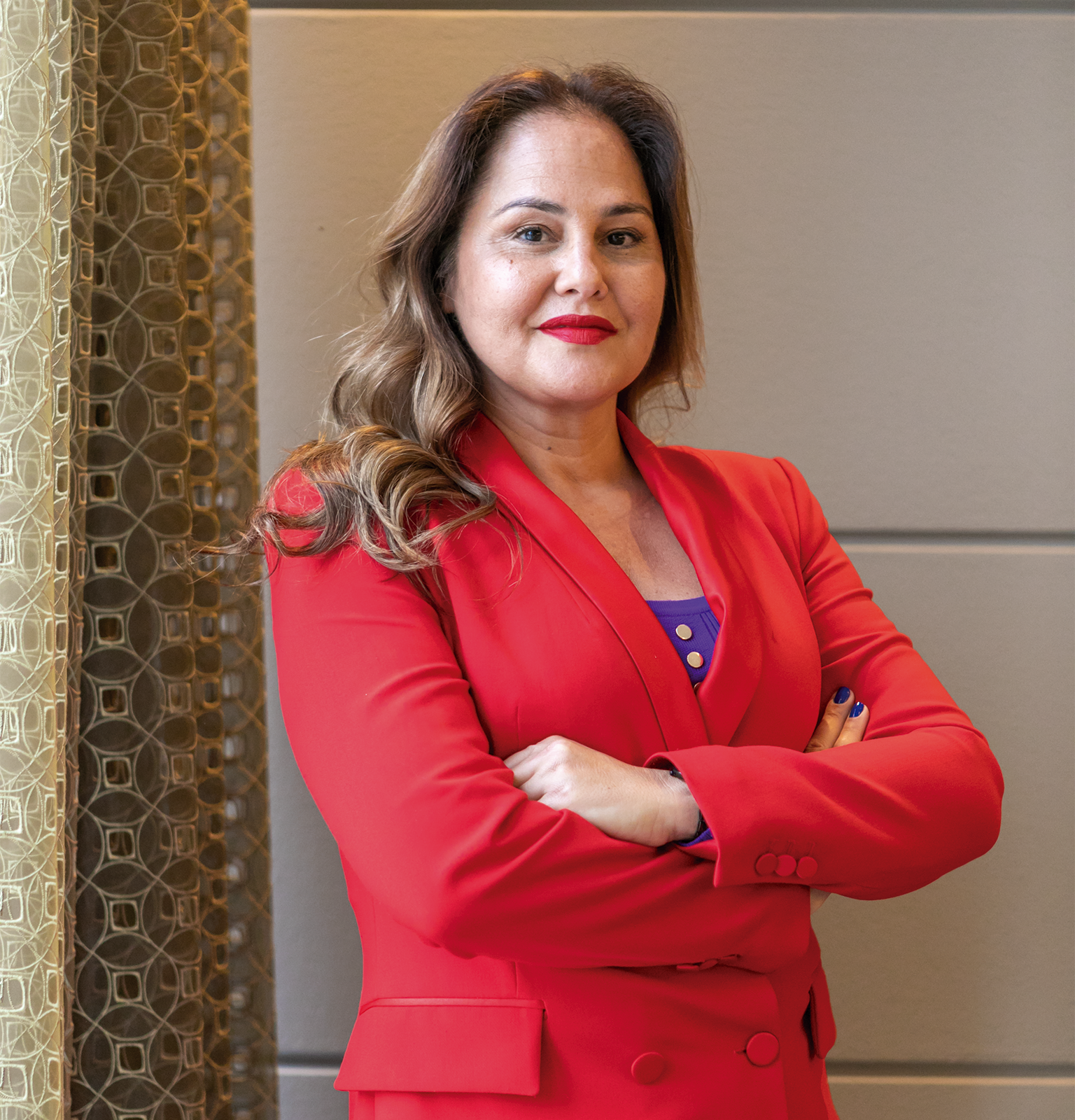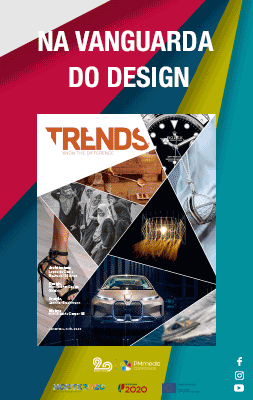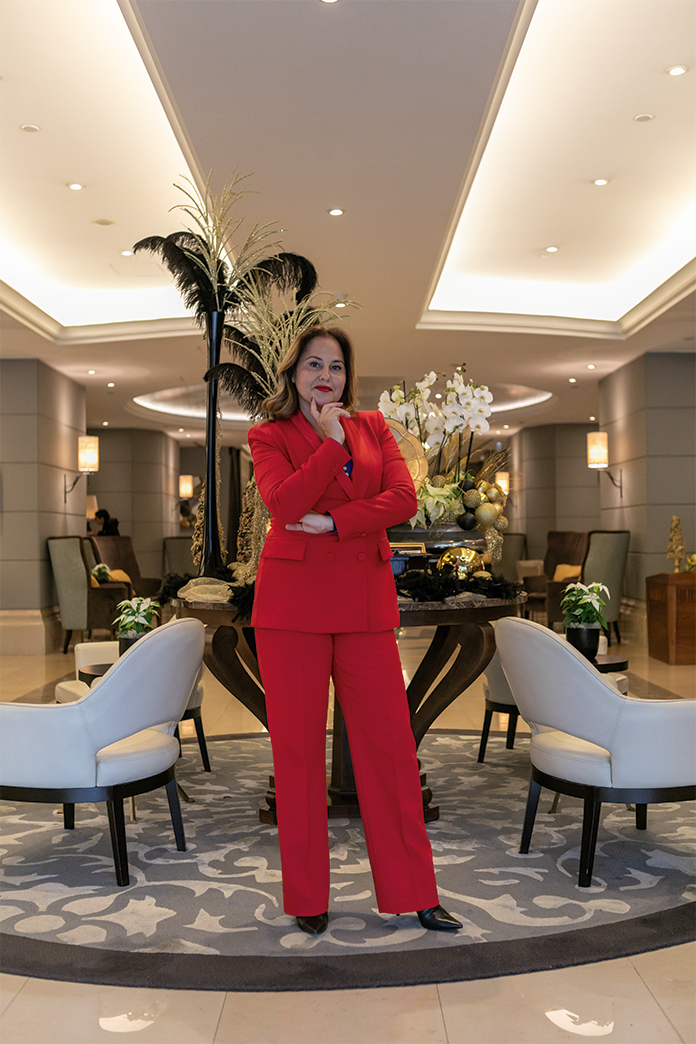When did you become interested in being a presenter?
I spoke of the dream of being an oil engineer, that was really the dream, I was ‘corrupted’ (laughs), but I always had the habit of reading aloud, and pretending to be from TV as well, in that exercise of lowering and raising my head, there was no teleprompter then, (just to put it in context).
What advice would you give to young people who want to follow the same profession?
It’s a world that has attracted a lot of young people, but unfortunately many of them come here unprepared, even in terms of language, linguistics and general culture, without any taste for or interest in reading. I have given a lot of training in voice-over techniques, reporting, interviews and programme production and I urge them to invest in themselves in order to make up for what they lack. On the other hand, we have a lot of creativity. It has to be harnessed and put to good use.
Every day, between 9.00 am and 12.00 pm people listen to you. They rely on your vast years of experience. Is each broadcast still challenging or is it so natural that nothing scares you?
Not in everyday life anymore. But there are days when you feel a chill in your stomach. When new projects go on the air for the first time, it’s a game of adrenaline and the responsibility not to make mistakes, not to do badly and to win over the other side, the audience of a largely young population. It is a constant reinvention and updating.
How many years have you been at RNA? How do you think radio stations have evolved in the last decades?
I will have been at the radio for 38 years on the 15th of March, when I was officially considered an employee of RNA. Radio has undoubtedly evolved, both technically and technologically. It is incomparable. But in terms of rigour, both in writing (in chronicles and dialogue creation, for example) and in the spoken word (diction, vocabulary...), with its rare exceptions, it has regressed.
Has working in radio only brought you good things?
I grew up in radio, that’s where I became a woman. It was my first and almost only job. I went through various phases, and I still do... In changing times and living with several generations, things are not always good. We work with humans.
Is the role women take on in the world of radio seen in a different light nowadays?
It is very interesting that radio has always been at the forefront of the struggle and conquest for women’s rights, starting with a programme in the 1980s that was essentially aimed at women. When I arrived at RNA, it was a woman who was in charge of everything to do with programming – the eternal Programme Director Maria Luísa Fançony. Eternal because to this day, even without being that to many, we still call her that: Director. Nowadays, women occupy some positions, but if we look at the quantity of radio stations in Angola, there are few women at the head. In the administration of RNA itself, there has never been a female president of the board and often the few who do occupy management positions come from elsewhere, they are from outside RNA.
«The world’s media (of which Angola is a part) needs a makeover»
What is your opinion on the media, in the country and in the world?
The world’s media (of which Angola is a part) needs a makeover, it is no longer innocent, it is no longer human, and it does not obey the criteria of impartiality and of informing with truth. As long as powerful groups, both political and financial, rule it, it will only serve the interests of those groups. This has led to professionals and the media falling into disrepute and people informing themselves on social networks, subject to being equally misled by fake news. But it is here, on the social networks, where also the traditional media should turn to, because the feedback from their audience comes in the form of opinion. The listener, the reader, the viewer wants to be part of the topic being covered.
What does being a radio presenter mean to you?
Radio is a world of emotion for those who make it and for those who listen to it. It is the presenter who is the link between the listener and that box, which today is still in the form of a radio, but also a telephone, a tablet, a television, a computer. It is up to the presenter to know how to pass on the work done, which has enjoyed the full commitment of all those involved. A good presenter can save programmes from being badly produced, and a bad presenter can ruin good programmes, so the latter should not even go on air.
What are the main characteristics that a presenter should have?
I have always learned that we should in fact be a model citizen, of exemplary conduct, without scandals and controversy surrounding our life and presence in the public space. Our radio is still very educational in nature and it is up to us to pass on that message, that knowledge, that advice. On the technical side, a rich vocabulary, excellent reading and interpretation skills, eloquent speech, good diction, good voice projection, a good capacity to memorise, a vast general culture, attention to the political, economic and social phenomena of your country and the world. And if you combine all this with a magnificent voice, you can’t help being «loved» by the public. It is important to convey sympathy in your voice, the listener must feel empathy for the voice he hears.
We are celebrating the 13th anniversary of Villas&Golfe magazine, in Angola. What have these last 13 years represented for you, in your life and in the country?
Villas&Golfe is a necessary magazine for a target public such as yours, a demanding class, of refinement and glamour, of culture, in its various aspects. And it has been able to satisfy the expectations of those who look at the cover and start leafing through it, either in its conventional form or in a click.







